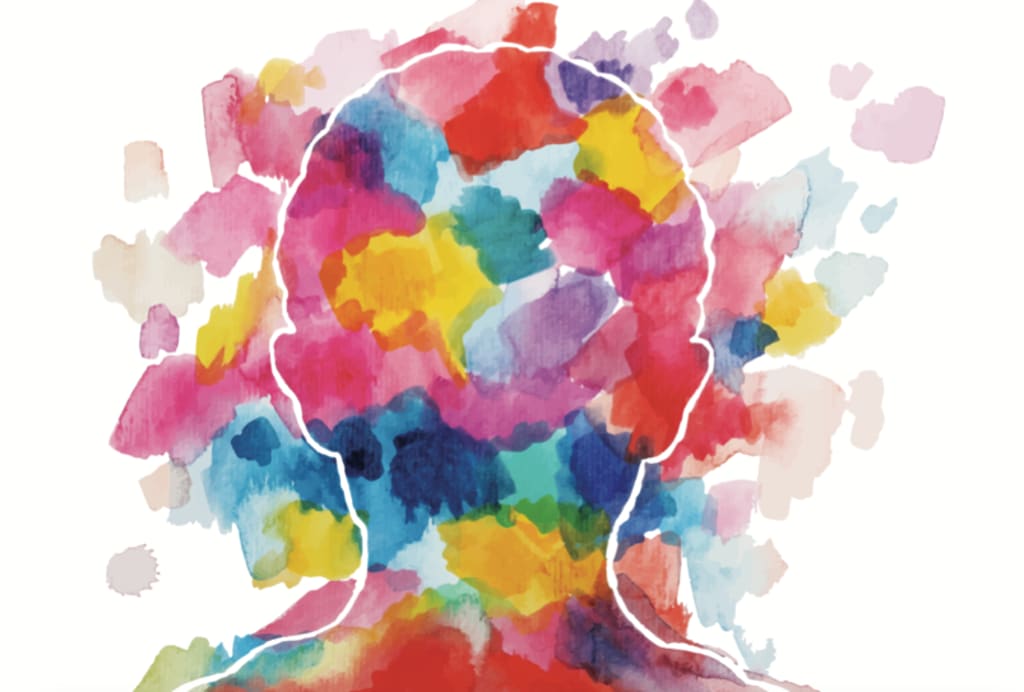Children And Young People Do Suffer With Mental Health Issues
Mental Health Awareness For Children and Young People

Mental health is viewed as more significant when it happens in adults. Children need us to recognise when they are showing behaviours or thought processes that maybe related to mental health issues also.
Each mother or father doesn’t expect to hear that their child has mental health issues. Parents will be in denial at times when they find out which is understandable. Children opening up to any individual about something that their battling with should always be listened too. Dismissing a child might make them harbour all emotions and feelings inside steering to worse.
Mental health problems in children do exist. A child can go through depression, conduct disorders, anxiety and more. Children often suffer from mental health issues as a direct response to what is transpiring in their lives. I hear stories every day where children are exposed to frightening situations or sadly not being looked after as they should. These conditions are extreme but there are children who are crying out for support and not being taken seriously.
A Childs mind is very unstable so everything that they go through sticks and the consequences come out over time. Bullying is an area that connects to mental health issues. Working with young children a lot of their self-harming or depression was because they encountered bullying in school or within friendship groups. They interpreted it as hell and they always wanted to go back to when they were ordinary. I always looked at them as a normal child but sadly for them, they weren’t. The shortage of support in these areas is sad because schools seem to not have the facilities to manage such cases. As a result of this, we now have a child in a mental health hospital hoping they were attended to and supported before getting to this stage. Children lose their childhood every day sitting in hospitals or mental health units due to this. Working with young people unlocked my eyes to a lot that I didn’t know, I didn’t know the real definition of mental health in children until I worked within the sector. Understanding now that children can be admitted into hospitals and mental health units for years, children can be sectioned to ensure that they are given the appropriate treatment they need and also restraint techniques are used to keep them safe. This makes me pay closer attention to my child. Now my daughter is only 5 but I make it my priority to not miss out on her, she may see me as being all over her, but I love her too much to not be tuned into her wellbeing.
Here are some mental health issues that a child or young person may face:
1.Depression affects more children and young people today than in the last 20 years, but it is still more common in adults. Teenagers are more likely to experience depression than young children.
2.Self-harm is a very common problem among young people. Some people find it helps them manage intense emotional pain if they harm themselves, through cutting or burning, for example. They may not wish to take their own life.
3.Generalised anxiety disorder can cause young people to become extremely worried. Very young children or children starting or moving school may have separation anxiety.
4.Post-traumatic stress disorder can follow physical or sexual abuse, witnessing something extremely frightening of traumatising, being the victim of violence or severe bullying or surviving a disaster.
5.Children who are consistently overactive, behave impulsively and have difficulty paying attention may have attention deficit hyperactivity Boys and girls are affected, but the cause of ADHD isn’t fully understood.
6.Eating Disorders usually start in the teenage years and are more common in girls than boys. The number of young people who develop an eating disorder is small but eating disorders such as anorexia nervosa and bulimia nervosa can have serious consequences for their physical health and development.
Here are some signs that should cause alarm:
1.Feeling low for more than two weeks
2.Making plans to commit suicide or has attempted to kill themselves
3.Fear and panic attacks
4.Needing to hurt others
5.Out of control behaviour that may hurt themselves
6.Excessive exercise, using laxatives and not eating normally
7.School failure or issues at school
8.Change in attitude and behaviour towards those they love
9.Substance misuse and alcohol issues
Children will talk to you if they are feeling troubled particularly if they have a warm relationship with you. The most crucial way a parent can help is by listening and not judging. Children may need emotional support, change or professional help. Often parents think a child’s negative feelings will go away, sometimes it doesn’t. Sometimes a child is feeling distressed for a long time, their thoughts can stop them getting on with their lives and it could be challenging for a family in a serious case.
Seeking professional help is always available and no one should feel judged for using it. Children maybe struggling in silence no matter the age, check up on your child and talk to them. We all get caught up in our daily routines and all have things going on, but we must ensure we listen to our children and try to protect them from harm.
About the Creator
Chantelle C
Let me make my words blow your mind. Let's go on a journey together from reality to pure filth. I hope you enjoy.






Comments
There are no comments for this story
Be the first to respond and start the conversation.